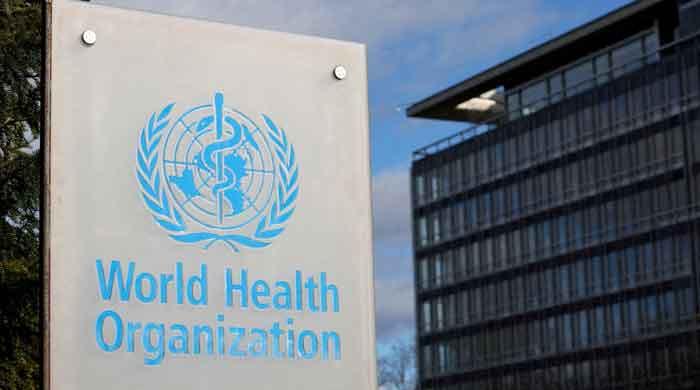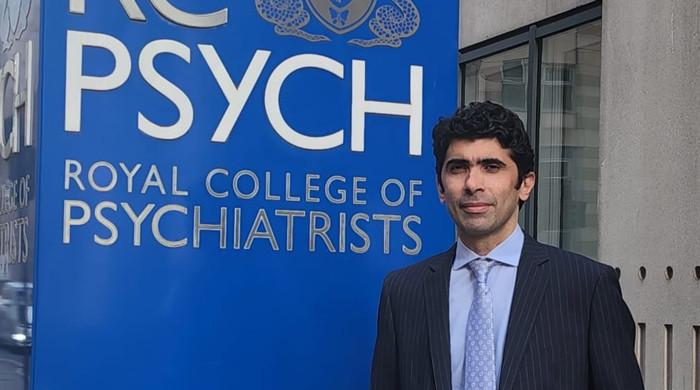Simple hearing test could detect autism in newborns
Majority of autistic kids are not diagnosed until much later which may delay therapy
February 17, 2023

Researchers from Rutgers University contend that autism spectrum disorder (ASD) can be identified at birth using brain wave data from a normal hearing test, reported Health News.
Scientists are working hard to determine the aetiology of this neurological condition as the prevalence of autism keeps rising. Researchers are also looking at techniques to diagnose ASD as early as possible because early intervention and treatment are important for children with it.
The study, which was released on February 14 in the journal PNAS Nexus, discovered that children who were diagnosed with autism as infants and were tested using the Auditory Brainstem Response (ABR) test years later had observable delays in their brain's responses to noises.
The ABR test involves electrodes put on the head to capture brain wave activity in reaction to sounds provided through headphones and is frequently used to screen neonates for hearing impairments.
The researchers discovered that, on average, compared to infants who did not go on to acquire ASD, newborns later diagnosed with autism exhibited a 1.76-millisecond delay in responding to sound.
The study found that the ABR test, which is frequently administered to newborns, babies, and young children, already has information on brain wave impulses. But the majority of the time, current statistical analysis techniques ignore this data.
However, the researchers' latest analysis looking at the brain wave signal delays might be combined with standard newborn screening to produce an all-encompassing autism screening tool.
Why is early diagnosis important?
The quality of life for people with autism and their families can be considerably improved, according to the research, with early diagnosis and treatment using evidence-based therapies.
ASD can currently be accurately diagnosed by the age of 2, and occasionally even earlier, by trained specialists. Nevertheless, the majority of autistic kids are not diagnosed until much later, which may delay therapy. Nonetheless, by keeping an eye on their child's behaviour and language development, parents can occasionally identify the early indications of autism.
The authors of the study claim that a screening tool for autism and other neurodevelopmental disorders in newborns may soon exist as a result of the analysis of brain wave delays in the ABR test, which are evidently visible at birth.
If researchers succeed in creating this technology, it might lead to very early diagnosis and treatment of autistic people.











